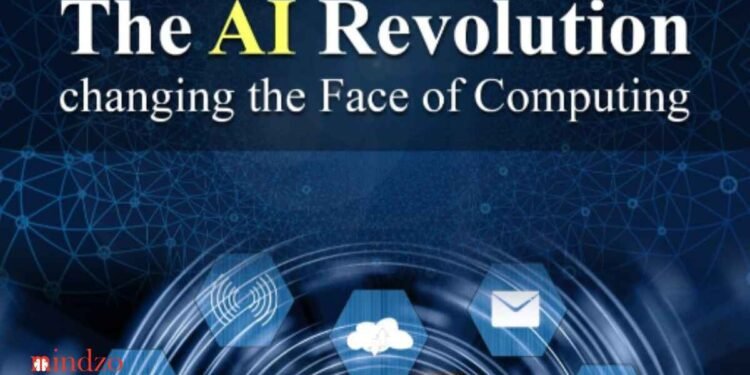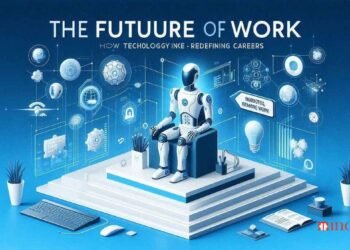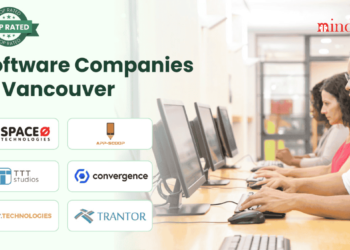1. What is AI, and why is it Important?
The AI Revolution: Changing The Face of Computing – By Swarnima Mishra AI refers to machines or software that can think, learn, and make decisions like humans. It’s crucial because it can process vast amounts of data at incredible speeds, solving problems that would take humans years to figure out.
2. The Evolution of AI: From Concept to Reality
AI has come a long way from being just a theoretical idea to a driving force behind many technological advancements. From early rule-based systems to modern machine learning and deep learning models, AI has evolved drastically.
3. AI in Everyday Life: The Invisible Helper
You might not realize it, but AI is already a part of your daily life. From Google’s search predictions to Netflix’s movie recommendations, AI helps make things more personalized and efficient.
4. How AI is Transforming Industries
Industries like healthcare, finance, education, and manufacturing are leveraging AI for better efficiency, cost reduction, and improved customer experiences.
5. AI and Automation: A Boon or a Bane?
While AI-driven automation enhances productivity, there’s a looming concern about job displacement. However, history has shown that technology creates more jobs than it replaces.
6. The Role of AI in Healthcare
AI assists doctors with diagnostics, predicts diseases early, and even aids in drug discovery, revolutionizing the medical industry.
7. AI in Finance: Smarter Investments & Fraud Prevention
AI helps in detecting fraudulent transactions, automating trading, and providing personalized banking experiences.
8. AI in Education: Personalized Learning Experiences
AI-driven systems adapt to individual learning styles, making education more interactive and effective.
9. The Ethical Dilemma: Can AI Be Trusted?
AI raises ethical questions about privacy, bias, and accountability. Can we trust AI to make unbiased decisions?
10. Future of AI: Where Are We Headed?
From AI-driven creativity to solving climate change, the possibilities are endless. But how far can AI go?
11. Challenges AI Must Overcome
Issues like data privacy, bias, and security threats must be addressed to ensure AI’s ethical and beneficial use.
12. AI and Job Market: Friend or Foe?
Will AI take over human jobs, or will it create new opportunities? The future job market will likely require a different skill set.
13. The Role of Governments and Regulations in AI
Regulating AI is necessary to prevent misuse, ensure transparency, and maintain ethical AI applications.
14. How Individuals Can Prepare for an AI-Driven Future
Learning AI-related skills and adapting to technological advancements will be key to staying relevant in the job market.
15. Final Thoughts: Embracing the AI Revolution
The AI Revolution: Changing The Face of Computing – By Swarnima Mishra Instead of fearing AI, we should embrace it as a tool to enhance human capabilities and solve complex global challenges.
FAQs
1. How does AI impact our daily lives?
AI influences everything from search engines and social media feeds to virtual assistants, healthcare, and self-driving cars.
2. Will AI replace human jobs completely?
AI may automate certain jobs, but it will also create new roles requiring human creativity and problem-solving skills.
3. What are the biggest ethical concerns with AI?
Bias in AI algorithms, data privacy, and decision accountability are major ethical concerns.
4. How can one learn AI and stay updated with its advancements?
There are numerous online courses, AI communities, and research papers available to help individuals stay informed.
5. Is AI dangerous?
AI itself isn’t dangerous, but its misuse or lack of regulation can lead to ethical and security risks.




















